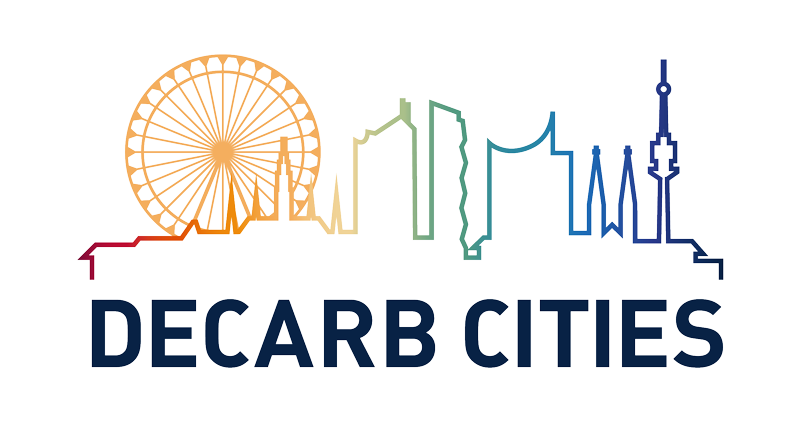
Buildings account for around 43 per cent of total EU energy use, making up 36 per cent of total greenhouse gas emissions in the EU. The figures clearly show the need for fully exploiting the potential for energy conservation and carbon reduction in the building sector. The unique importance of sustainable transition in this sector has been a point of consensus over the last decades.
However, the sustainable transition involves more than a simple shift to less carbon-intensive technologies. They are tied up with societal regimes and have the potential to negatively impact the wellbeing of people and communities if end-user needs are not carefully observed. Increasing discussion around the social aspects of transition strategies has led to emerging the discourses of ‘just transition’ in recent years.
Just transition pays attention to the fact that transition policies should not reinforce existing inequalities and vulnerabilities within society, whilst supporting economic and industrial transitions. The notion of just transition is more challenging in the domestic sector where transition policies could directly influence energy poverty and customers’ health and comfort.
At the third edition of DecarbCities, we go beyond the technical aspects of the energy transition and explore the ways to accelerate the transition along with reducing fuel poverty and promoting pleasant residential districts. Step into our two-day conference on 𝟏𝟏-𝟏𝟐 𝐌𝐚𝐲 𝟐𝟎𝟐𝟐 to learn from professionals in a series of sessions and panels.
Do not miss the high-level panel debate on “How to support the most vulnerable in the transition of the building stock on the short- and mid-term perspectives?” on our second day.
EHPA has teamed up with Energy Cities, City of Vienna, Wärmepumpe Austria, and UIV Urban Innovation Vienna GmbH to host this event in the City of Vienna, one of the leading cities of Europe for driving the sustainable transition.
A special thank you to our platinum sponsors Daikin, Holcim and Trane Technologies for energising the event

